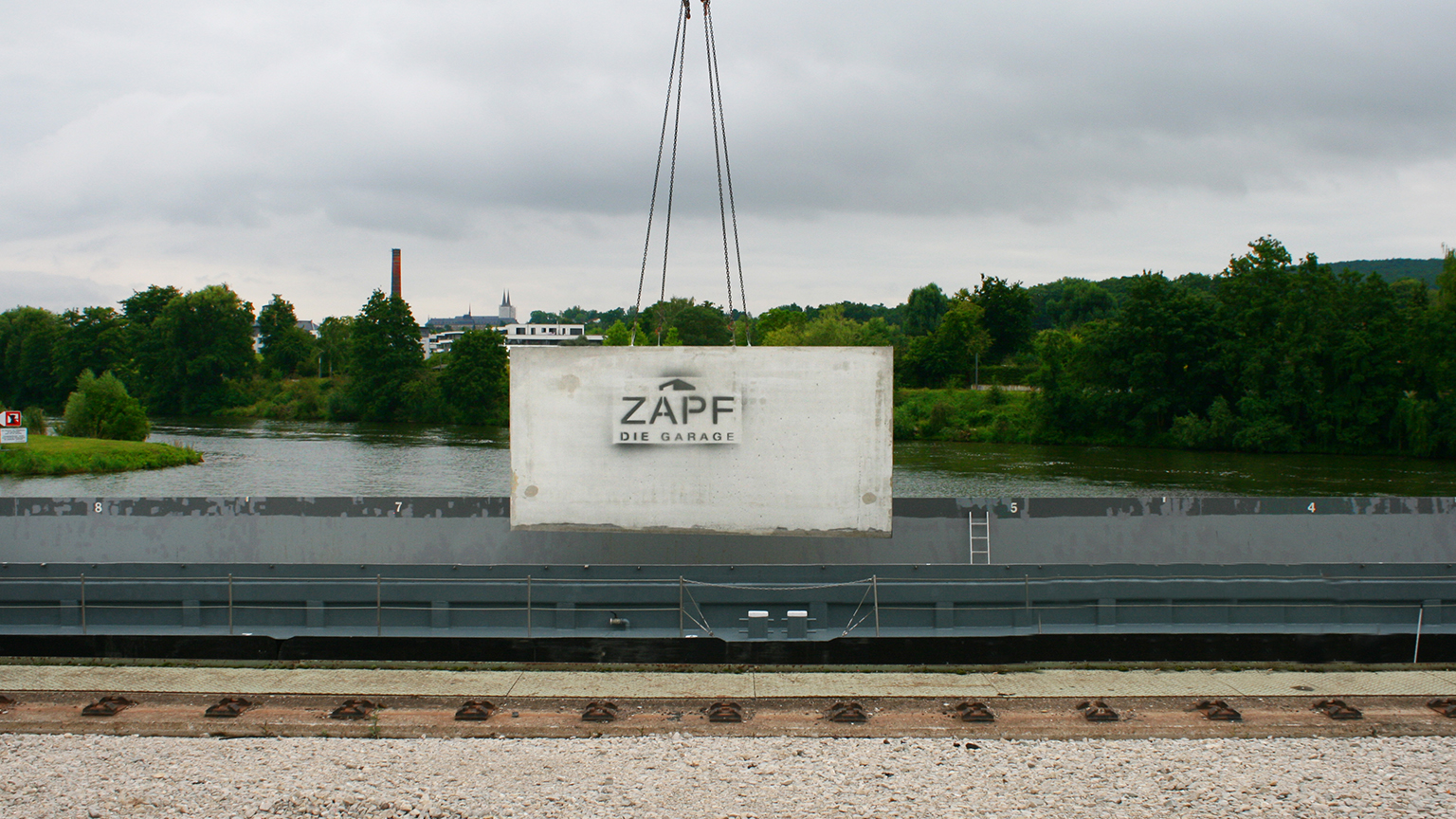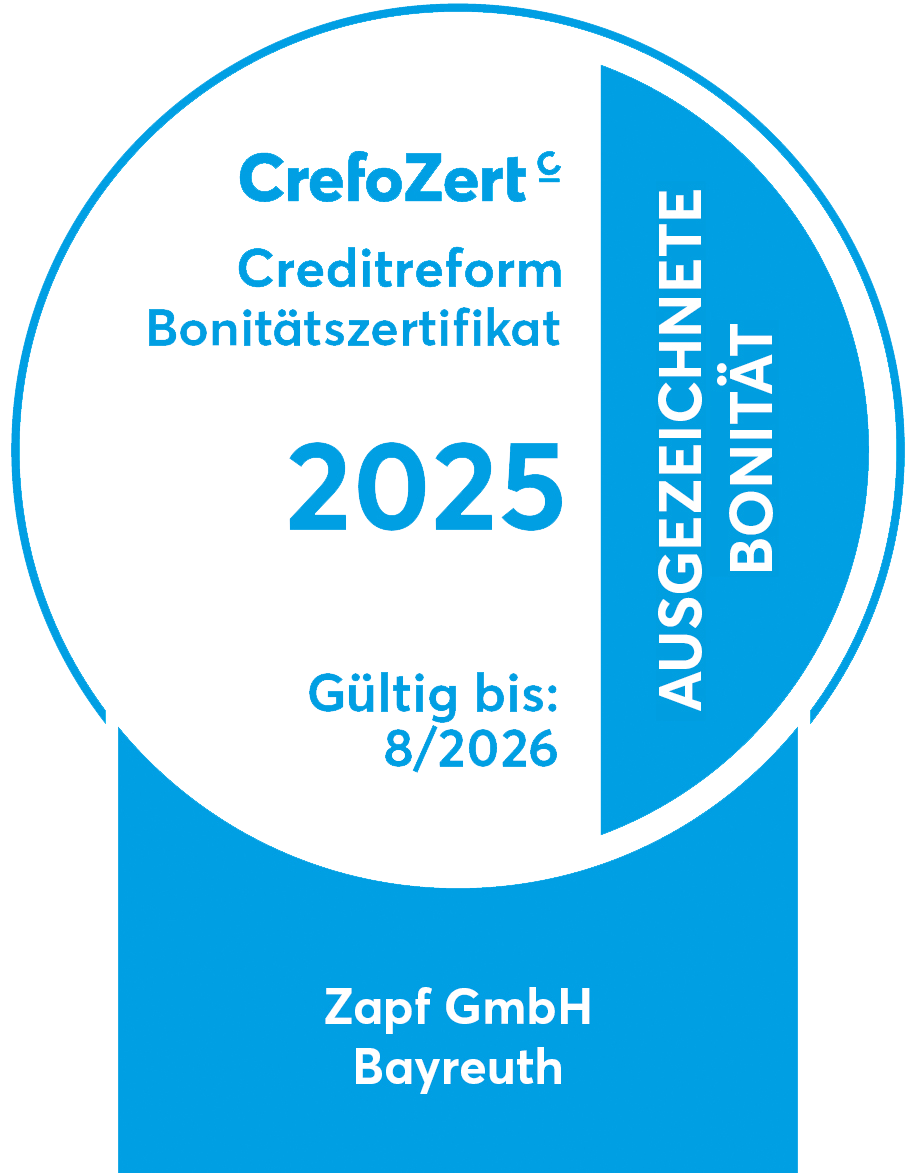
Sustainability and climate protection are an important pillar for all industrial companies. This also applies to the production of prefabricated concrete garages. Concrete is relatively energy-intensive in the manufacturing process, making it all the more important to save energy wherever possible. And there are certainly opportunities: from energy-efficient technologies and sustainable and durable materials to the transportation of raw materials.
The interview explains what ZAPF takes into account in the production process in order to take climate protection and sustainability into account.
What does ZAPF pay particular attention to in the manufacturing process?
First of all, all our garages are Made in Germany. This guarantees relatively short delivery routes. Whenever this is feasible and economical, we mainly rely on suppliers from the regions surrounding our four production sites in Weidenberg, Baar-Ebenhausen, Neuenburg am Rhein and Dülmen. This not only enables us to reduce CO2 emissions through short transportation routes, but also supports local suppliers.
In order to keep energy consumption in production as low as possible, we work with highly efficient systems that use water and energy particularly sparingly. Accordingly, our plants in Dülmen and Ebenhausen have been extensively modernized. We also use the heat generated during production to dry the garages, for example. Residual cement is also reused in production to avoid wasting resources.
In addition, our garages are constructed with particularly slim wall diameters – this not only creates more space inside, but also saves material and thus valuable natural resources.
And how does transportation to the customer work?
ZAPF GmbH usually delivers its prefabricated concrete garages using special trucks and cranes. Our vehicles meet at least emission standard 6. What applies to our suppliers also applies to our end customers: We have set up our delivery structure in such a way that the prefabricated garages can be delivered from the nearest production site to the installation site. This saves transportation costs for our customers and reduces CO₂ emissions.
The situation is different for large orders: We also use rail or even cargo ships for these. For a garage park in Utrecht, for example, a total of 98 garages were transported on two cargo ships, which is much more efficient than transportation by road. Trucks then only had to be used for short distances from the port to the installation site. For a complete delivery by road, more than 50 truck transports would have been necessary in this case.
What can be said about the service life of a prefabricated concrete garage?
Prefabricated concrete garages generally last for several decades. The material mix is put together in such a way that the structures are practically indestructible. ZAPF garages are also designed in such a way that any renovation work that may be required after 20 to 30 years can be carried out quickly and easily. We even have our own renovation team that takes care of the complete garage renovation. The advantage for customers is that they have just one contact person for all trades.







